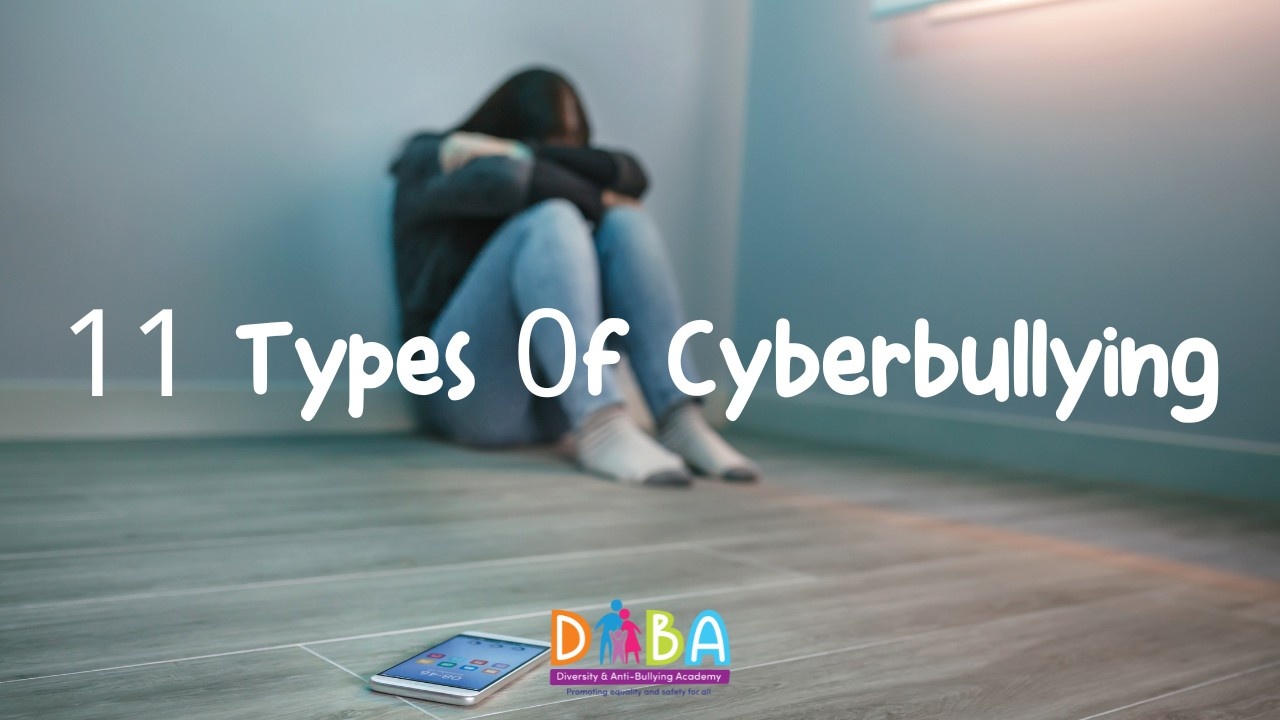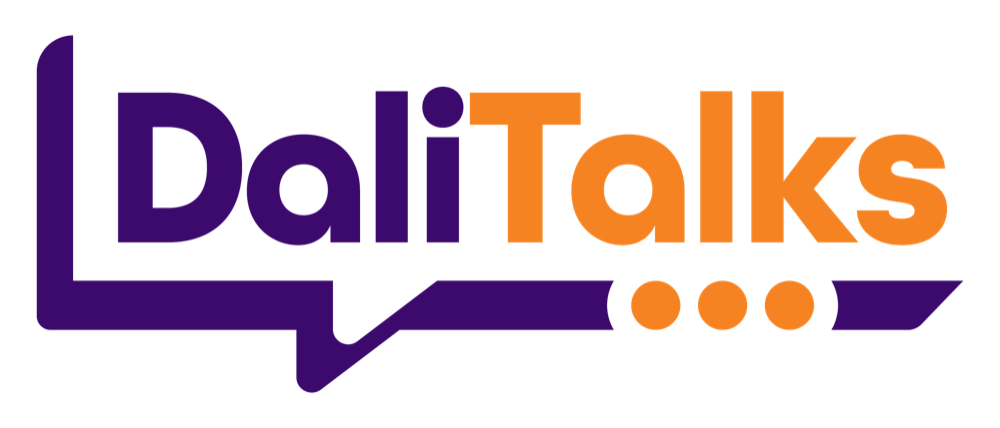Do You Know The Different Types of Cyberbullying?

How much do you know about cyberbullying?
According to the Merriam-Webster Dictionary, “cyberbullying” was first used in 1998 and is defined as “the electronic posting of mean-spirited messages about a person. In other words, cyberbullying is the act of bullying anywhere online. Our use of the web leaves digital footprints that can be tracked by people who know how to follow a footprint.
That’s why you might have heard of some celebrities getting canceled for having posted terrible things during the early age of the internet.
With time and the advancement of technology, cyberbullying has increased, but the protection laws for cyberbullying (as well as other forms of bullying) have not caught up with it.
Cyberbullying is bullying online. The acts are repeated and aimed at shaming, slurring, angering, humiliating, or causing any negative distress to another person. Like bullying, cyberbullying has not been federally defined in the U.S. as well as in many other countries because it is complex and evolving as we speak.
I could talk at length about cyberbullying, but to save time and not overwhelm you, here are some facts to keep in mind.
- According to the National Center for Education Statistics, 20.2% percent of all students have reported experience with some kind of bullying.
- Youth who are part of the LGBTQ community are significantly more likely to experience cyberbullying. This study by the Cyberbullying Research Center found that 56% of students who identified as LGBTQ had experienced cyberbullying compared to just about a third of non-LGBTQ students.
- According to the Centers for Disease Controls and Prevention, those who are bullied are at an increased risk for anxiety and depression, as well as poor academic performance and even not finishing school; bullies are more likely to have problems with substance abuse and violence later in life.
Cyberbullying is different from bullying because it can be anonymous, persistent, public, permanent, easy to overlook, traumatizing, character damaging, and much more.
There are also many ways that people cyberbully their victims. For example, they do it in the form of:
- harassment
- cyberstalking
- exclusion
- outing
- masquerading
- frapping
- fake profiles
- dissing
- trickery
- trolling
- and catfishing among other methods.
Please don’t underestimate the damage that cyberbullying can cause and always know what is going on with your kids online.
Ask them who is engaging with them and plainly ask them if they have experienced cyberbullying and if they need your help.
If you want to learn more about keeping your kids safe using monitoring tools, set up a consultation with me here.

